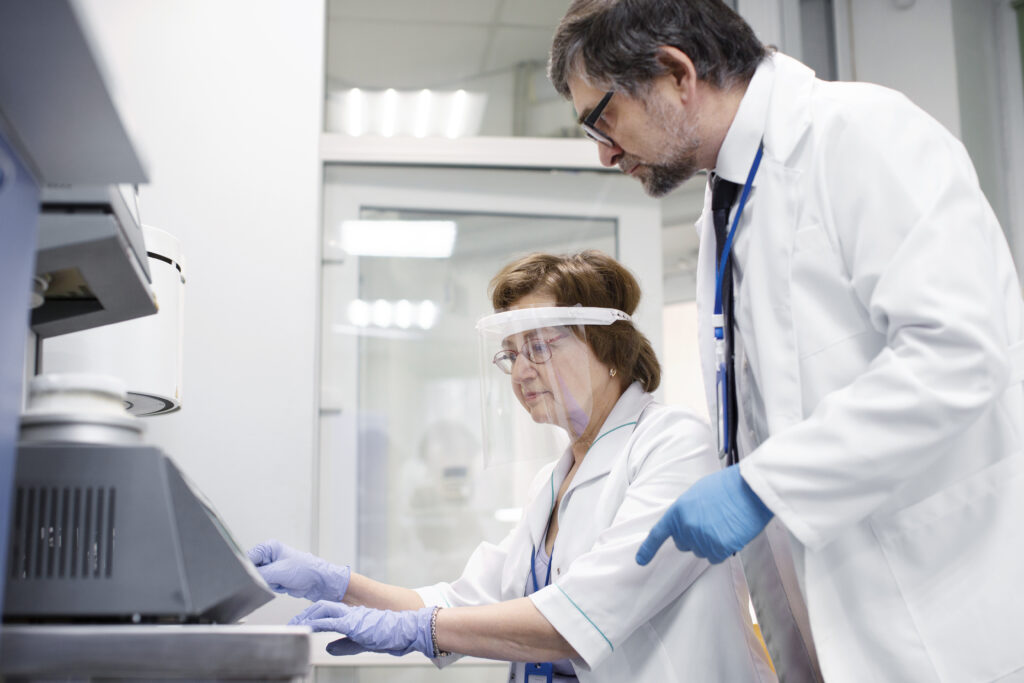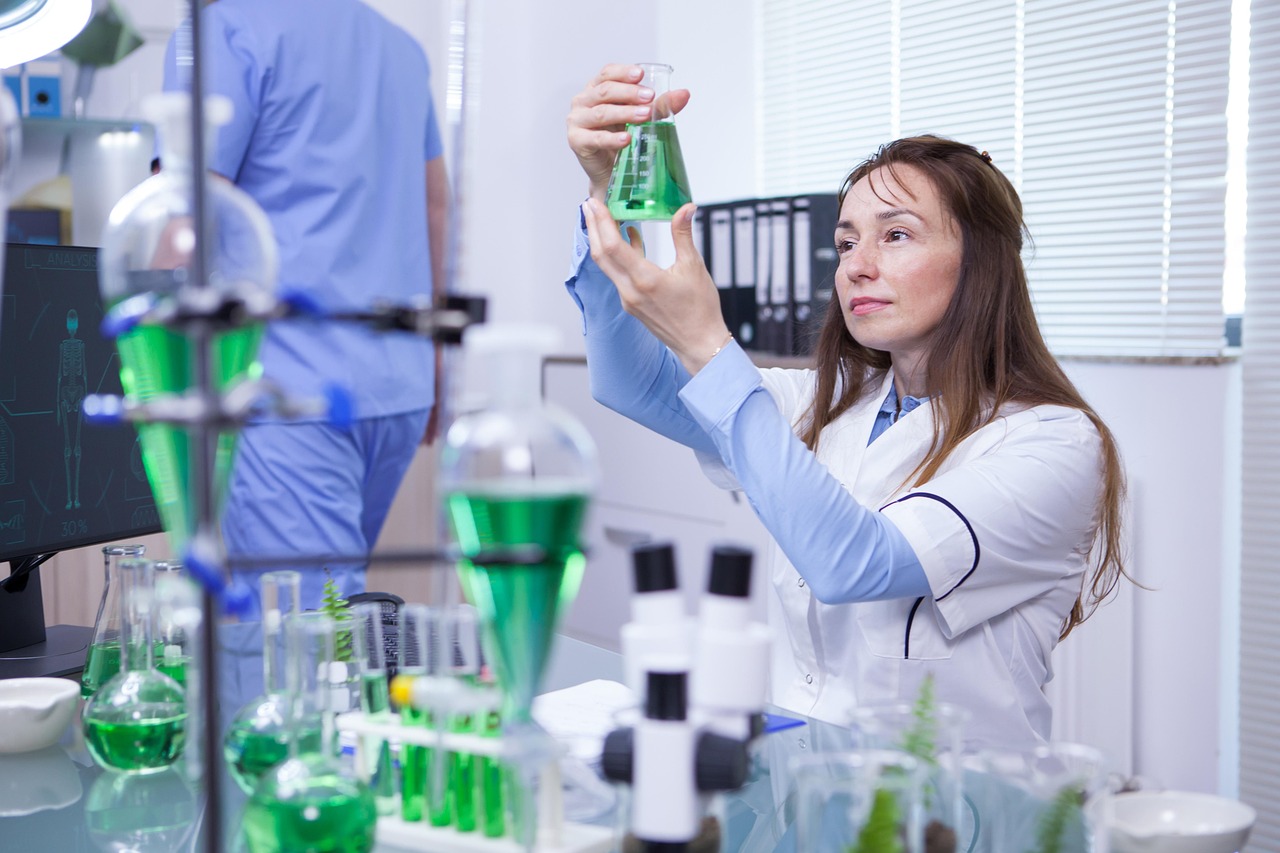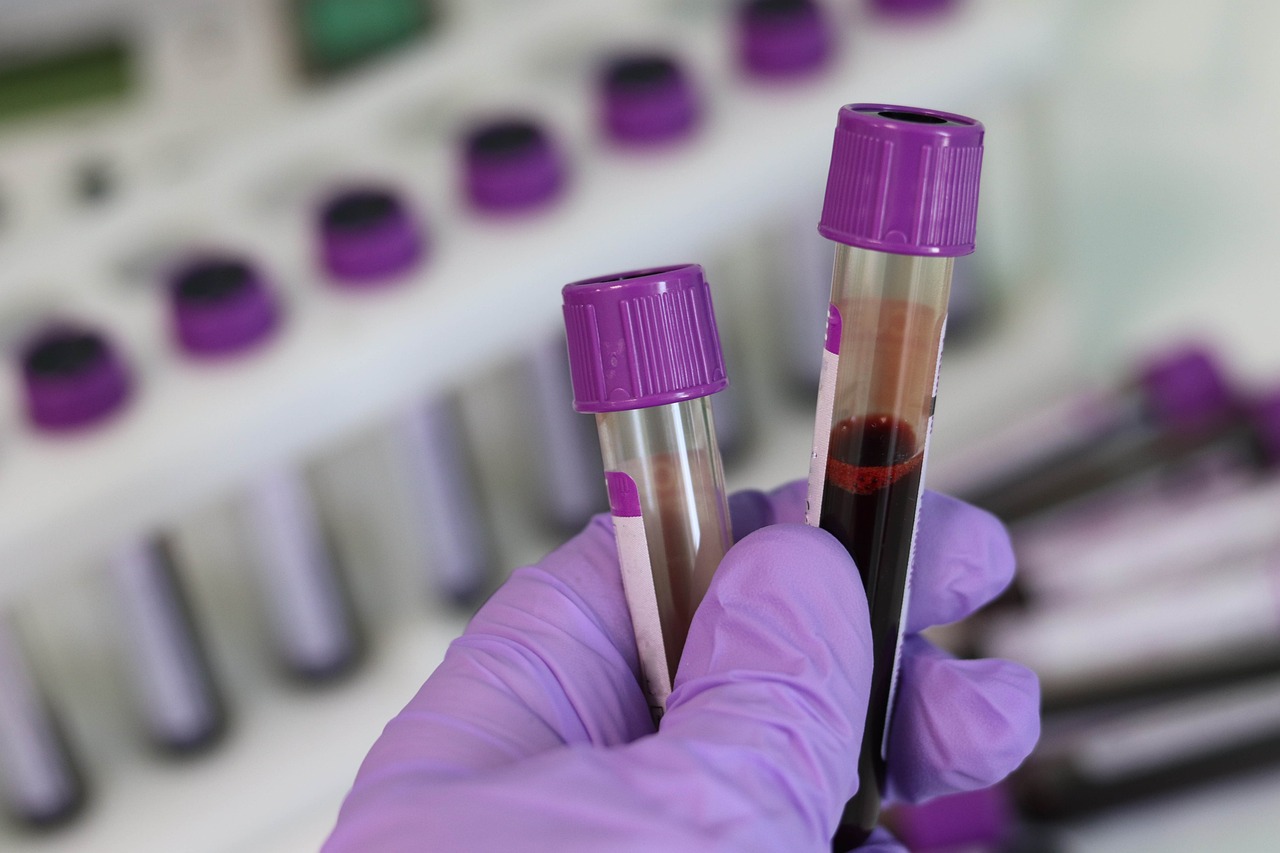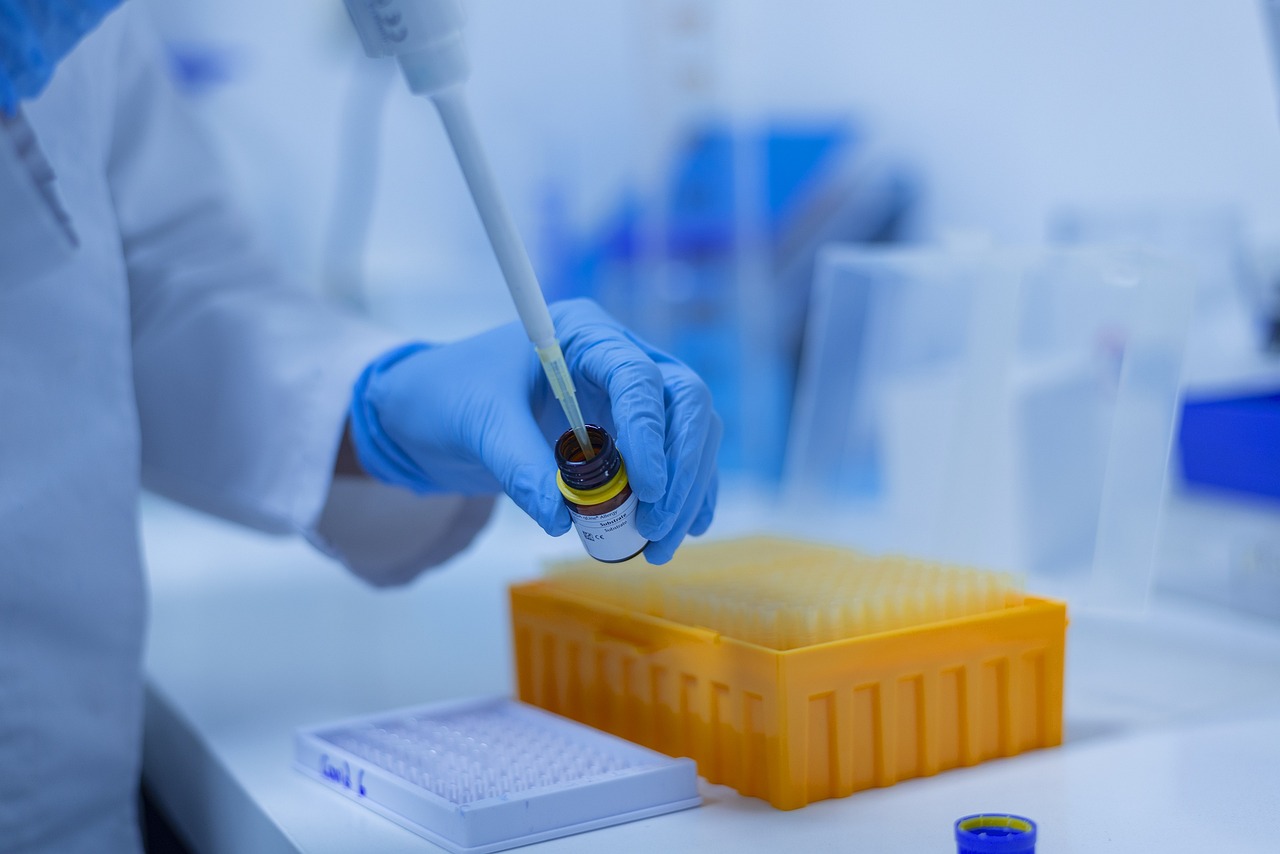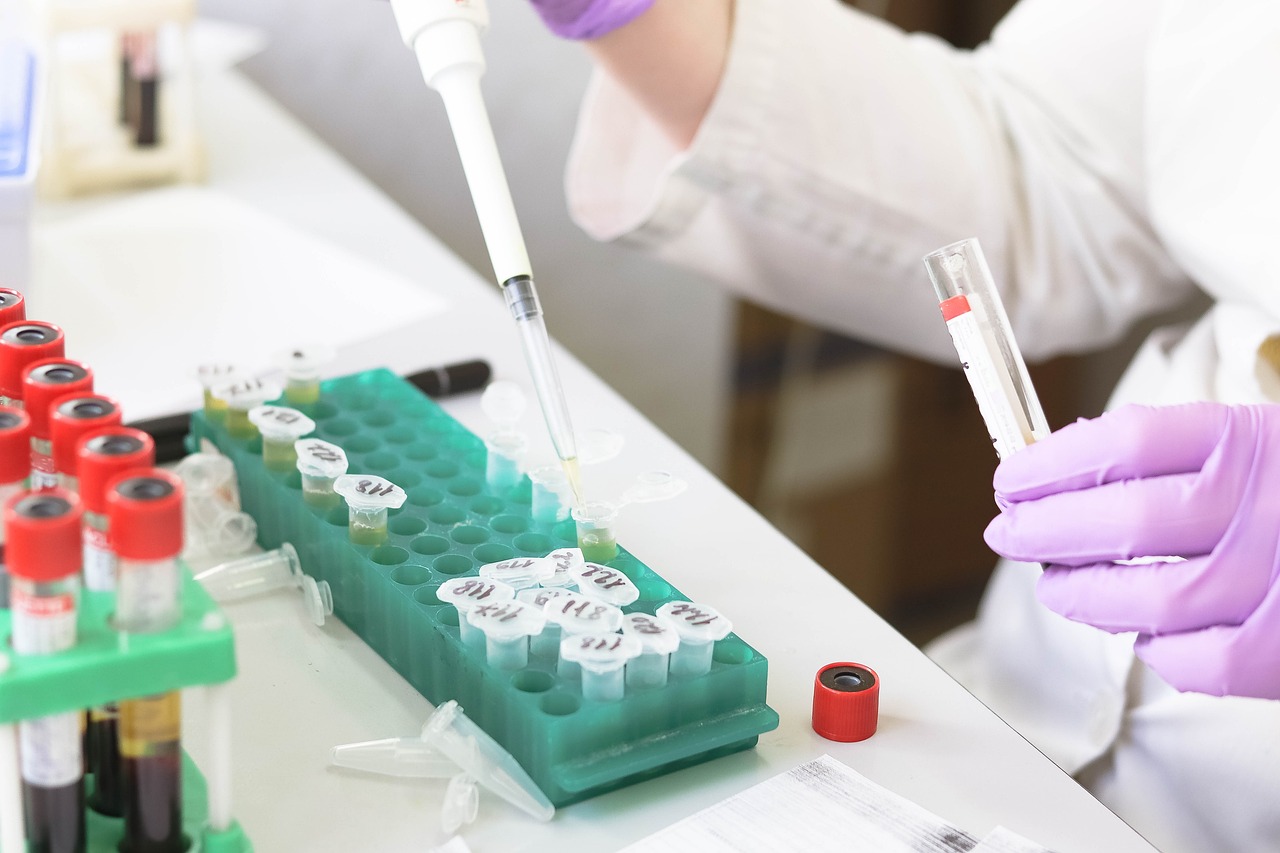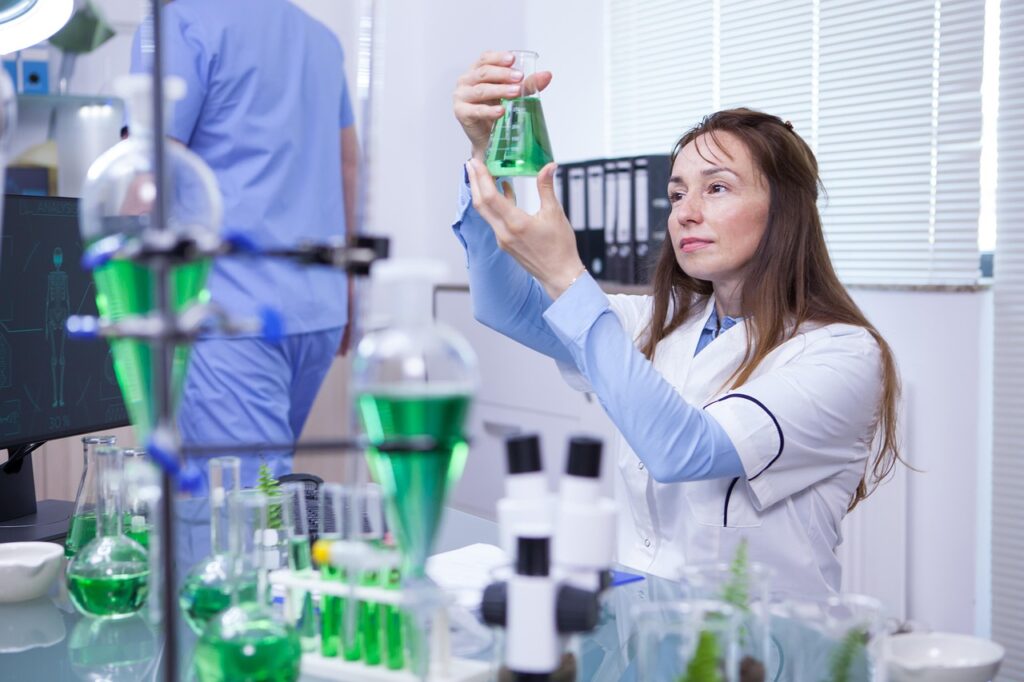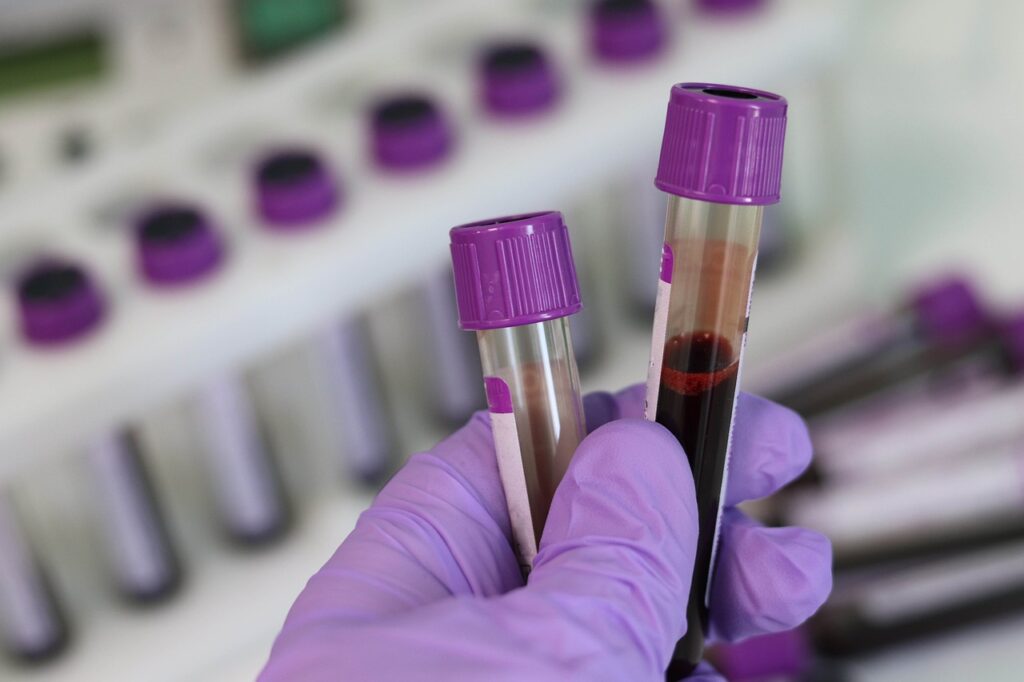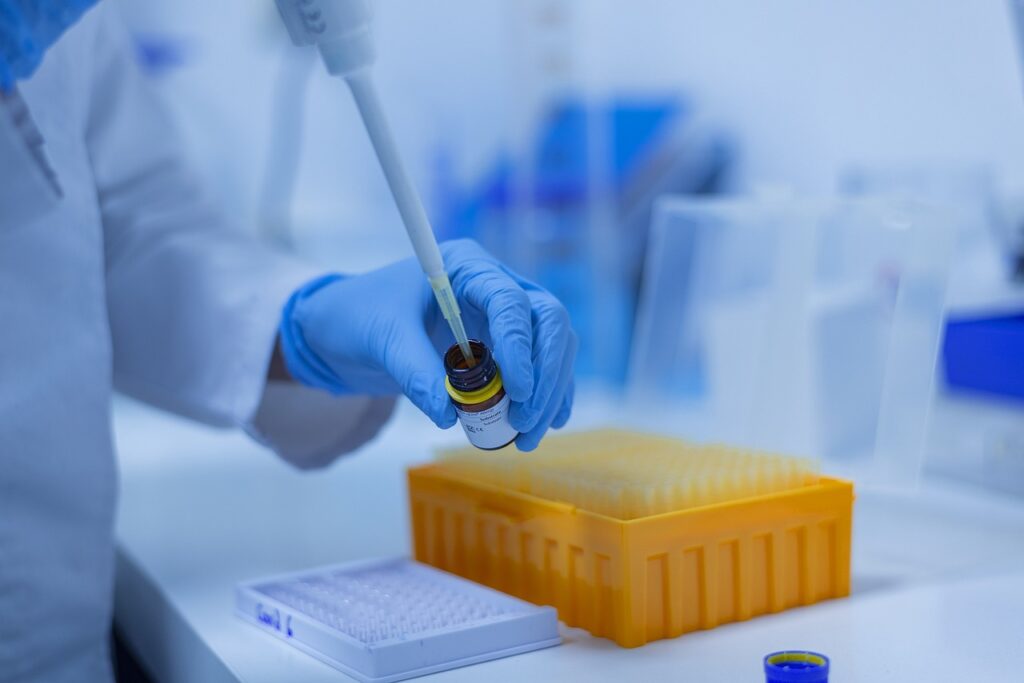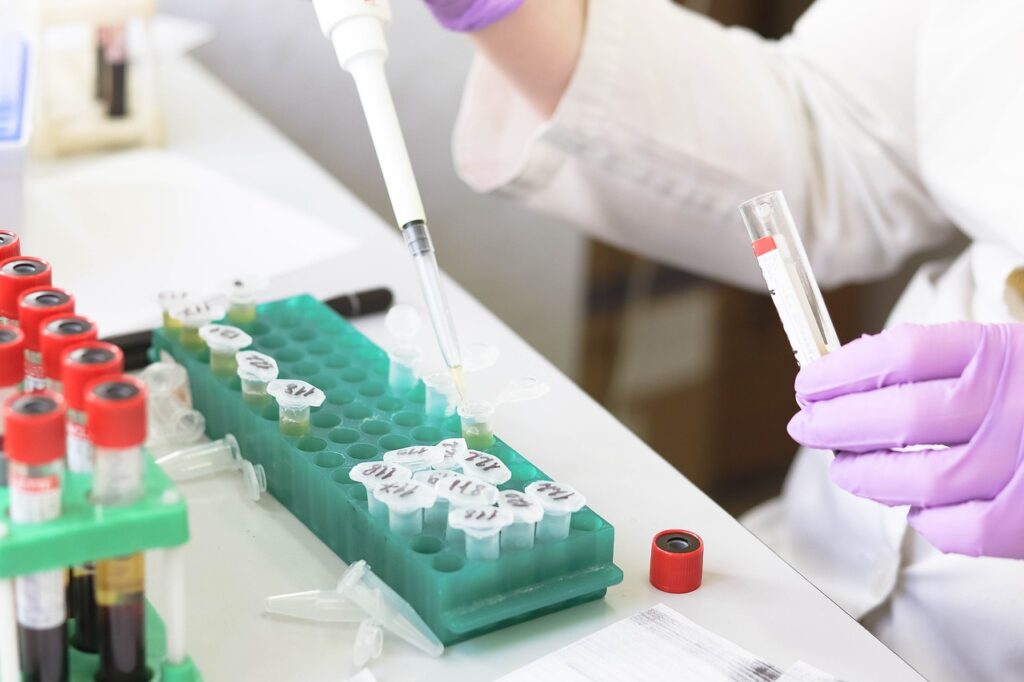Food Testing Services are crucial to guaranteeing the safety and caliber of the food we eat on a daily basis. These services are essential to preserving public health because they guard against contamination and guarantee adherence to rules and regulations. It is more crucial than ever to conduct extensive testing since food supply systems become increasingly multinational and intricate. In this blog, we’ll discuss the importance of food testing services in maintaining public health, with a particular emphasis on the function of food testing labs in India.
The Role of Food Testing in Public Health
Contamination and foodborne infections can have catastrophic effects on the general public’s health. The World Health Organization (WHO) estimates that each year, tainted food causes illness in over 600 million people worldwide, leading to 420,000 deaths. These figures highlight how crucial food testing services are for stopping outbreaks, spotting dangers, and guaranteeing the safety of the food we eat.
Why food testing services are crucial for ensuring public health is not just about avoiding foodborne diseases but also ensuring that food products are free from harmful chemicals, allergens, and other substances that could compromise health. Testing ensures that manufacturers comply with safety standards set by regulatory bodies like the Food Safety and Standards Authority of India (FSSAI) and international organizations such as the FDA in the U.S.
Preventing Foodborne Illnesses
One of the key reasons why food testing services are crucial for ensuring public health is their role in identifying and preventing foodborne illnesses. Microbial testing, for instance, helps detect harmful pathogens such as Salmonella, E. coli, and Listeria that can lead to severe illnesses or even fatalities. By identifying these contaminants early in food production, food testing labs ensure that contaminated products do not reach the consumer.
A food testing lab in India typically performs microbiological tests that are crucial for detecting bacteria, viruses, and fungi. These tests are especially important for ready-to-eat foods, dairy products, and meat, where improper handling or storage can lead to the growth of harmful microorganisms.
Ensuring Food Quality and Nutritional Accuracy
Food testing services are crucial for maintaining food quality and guaranteeing that products fulfill the necessary nutritional criteria, in addition to preventing contamination. Nowadays’ health-conscious consumers depend on proper labeling to help them make educated dietary decisions. Tests for nutritional analysis assist in ensuring the accuracy of the data presented on food packaging, including the number of calories, fat content, and vitamins.
This is where Indian food testing laboratories come into play. They evaluate food products for moisture, ash, protein, fat, and carbohydrates as part of proximate analysis. This guarantees that the nutritional advantages listed on the packaging are received by customers. Precise nutritional labeling is crucial for regulatory compliance as well as for consumers, especially when there may be health risks associated with nutrient surpluses or deficiencies.
Allergen Testing: Safeguarding Against Hidden Dangers
This is where Indian food testing laboratories come into play. They evaluate food products for moisture, ash, protein, fat, and carbohydrates as part of proximate analysis. This guarantees that the nutritional advantages listed on the packaging are received by customers. Precise nutritional labeling is crucial for regulatory compliance as well as for consumers, especially when there may be health risks associated with nutrient surpluses or deficiencies.
Chemical Contamination: The Hidden Threat
Chemical pollution poses a serious risk to public health even if biological contaminants like germs and viruses receive most of the attention. Chemical contamination of food can occur at several phases of its production, from pesticide residues in crops to heavy metals like lead, mercury, and arsenic in seafood. Long-term health concerns brought on by these pollutants can include cancer, neurological diseases, and developmental problems in children.

Food testing services are crucial for ensuring public health because they detect these chemical contaminants before the food reaches the market. Chemical testing can involve the analysis of pesticide residues, food additives, and preservatives, ensuring that they are within the permissible limits set by regulatory authorities.
Toxins, heavy metals, and other chemical residues are frequently tested in food testing labs in India, which helps to reduce the hazards associated with long-term exposure to dangerous substances. Products meant for export should especially undergo this kind of testing because international markets may have stricter safety regulations.
Supporting Regulatory Compliance
Manufacturers and suppliers must adhere to national and international food safety rules. Companies must follow strict food safety regulations set by regulatory authorities like the Food Safety and Standards Authority of India (FSSAI). If they don’t, they risk fines, product recalls, or even legal action. Because food testing services assist businesses comply with these strict rules and guarantee that their products are safe for consumption, they are essential for maintaining public health.
Companies may safeguard their brand image and prevent expensive recalls by doing routine product testing. For example, tests will be conducted in an Indian food testing facility to verify that products comply with FSSAI requirements. This includes checking the products for pollutants, confirming that the nutritional labels are accurate, and making sure the products don’t contain any prohibited ingredients.
Additionally, compliance with international standards is crucial for businesses involved in exporting food products. Many countries have strict regulations that must be met before food can enter their markets, making testing a critical part of the global food supply chain.
Emerging Challenges in Food Safety
As the food industry evolves, so do the challenges related to food safety. The increasing demand for organic, minimally processed, and ready-to-eat foods has brought about new testing challenges. For example, organic foods must meet strict guidelines regarding the absence of synthetic chemicals, which require extensive testing.
Moreover, with the rise of genetically modified organisms (GMOs) in the food supply, food testing services are crucial for ensuring public health by verifying the presence or absence of GMOs in products. Consumer awareness around GMOs has led to a demand for transparency, and food testing labs can provide the necessary certification to verify whether a product is GMO-free.
Conclusion
In conclusion, food testing services are crucial for ensuring public health by preventing contamination, ensuring nutritional accuracy, safeguarding against allergens, and identifying chemical contaminants. As food safety standards become increasingly stringent, food testing labs are indispensable in maintaining the integrity of the food supply chain. In countries like India, where the food industry is rapidly growing, the role of food testing labs in India is more important than ever. By ensuring compliance with regulatory standards and protecting consumers from potential health risks, food testing services contribute to a safer and healthier world.

